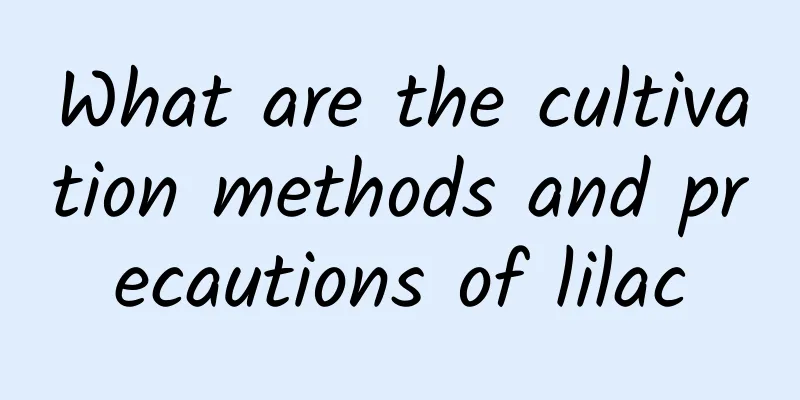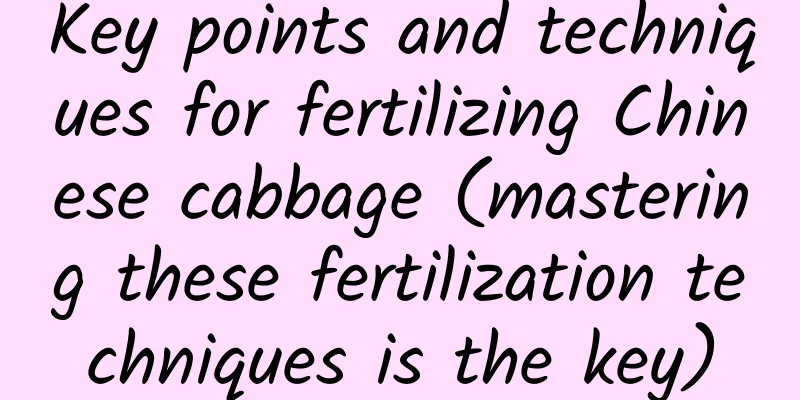How to fertilize Tillandsia?

Fertilizer selection:Potassium fertilizer, phosphorus fertilizer, nitrogen fertilizer, and magnesium fertilizer; potassium fertilizer can shorten and widen the leaves and increase the mass of the leaves; phosphorus fertilizer can promote the plant's internal transportation; nitrogen fertilizer can make the leaves brighter; magnesium fertilizer can promote the synthesis of chlorophyll and enzymes. Avoid boron fertilizer. Fertilizer ratio:Potassium fertilizer: phosphorus fertilizer: nitrogen fertilizer = 1:0.5:1, and the magnesium fertilizer content is best at 12%. Fertilization method:Fertilize once every half a month, the concentration should be light, but the interval between fertilization can be shortened appropriately. When applying fertilizer, it is necessary to water the plant, especially in hot summer. Be careful not to let the soil become too dry. There cannot be any boron fertilizer at all, even a small amount can cause damage to the plant. Do not make the fertilizer concentration too high, as this will easily burn the roots and be extremely detrimental to its growth. When newly planting Tillandsia, you should wait until the roots grow to more than 2 cm before applying fertilizer normally. If you are trying to promote flowering of your iron orchid on a daily basis, you should stop fertilizing before and after the flowering for about 20 to 25 days. When applying fertilizer, try to keep it away from the roots. If it is solid fertilizer, you can bury it in the soil far away from the roots, not too deep, and combine it with watering to allow the fertilizer to be better absorbed by the roots. If it is liquid fertilizer, do not make the soil too moist. Fertilization is to supplement the nutrients needed for its growth and make it grow more healthily. However, the preparation of the soil is particularly important, and the quality of the soil is also related to the utilization rate of the fertilizer after fertilization. Therefore, the most suitable soil is a mixture of 1 part perlite + 10 parts peat soil. |
<<: How to deal with the rain orchid after it withers
>>: How often should I water Clivia?
Recommend
How to prune okra and its key points
Okra pruning time Generally, okra needs to be pru...
What is the best month to plant corn? When is the best time to plant corn?
What month is suitable for planting corn? Corn is...
Green onion cultivation time
Green onions , as a common ingredient on the Chin...
Is Clematis poisonous?
1. Is it poisonous? Clematis is not poisonous. It...
Do one more thing by watering, and the flowers will grow 10 times faster than others!
1. Drying in tap water The temperature is so high...
How to grow gardenias so that they grow fast and lush (gardenia cultivation methods and tips)
How to grow gardenia well 1) Choose suitable soil...
Do you need to cut the roots of leek roots when transplanting? Why do you need to cut the roots when planting leeks?
Do I need to cut the roots when growing chives? L...
How to water the newly potted Dendrobium? Can I soak the pot when watering?
1. How to water 1. Frequency: It is best to water...
How long does it take for a tiger lily to bloom?
1. How long does it take for the pot to bloom? Ho...
Cultivation methods and precautions of large-leaf begonia
The big-leaf begonia itself is not a difficult fl...
How to prune jasmine
When to prune jasmine The times when jasmine need...
What fertilizer should be used for passion fruit? How to fertilize passion fruit?
1. Fertilizer 1. Growth period: When passion frui...
The cutting method of Staghorn Begonia
Things to know before cutting Malus When the crab...
The efficacy and function of poppy
The efficacy and function of poppy Landscape Uses...
Northeast Peanut Planting Time and Method
Northeast Peanut Planting Time When sowing Northe...









